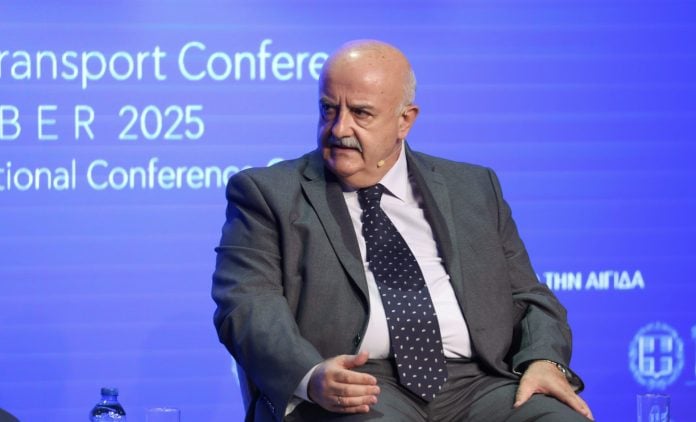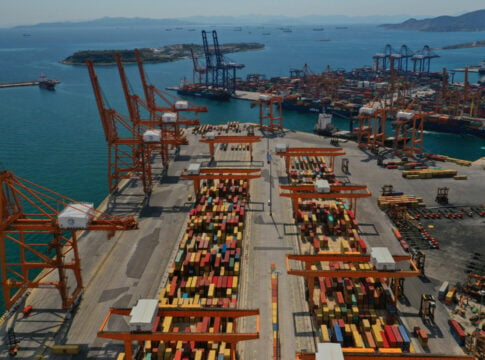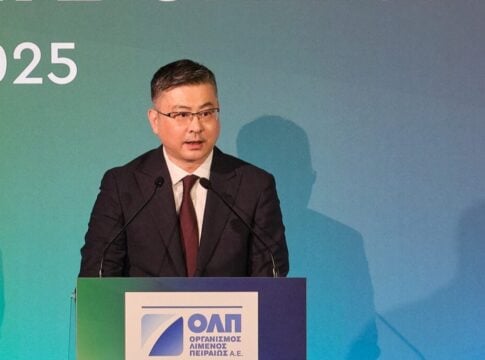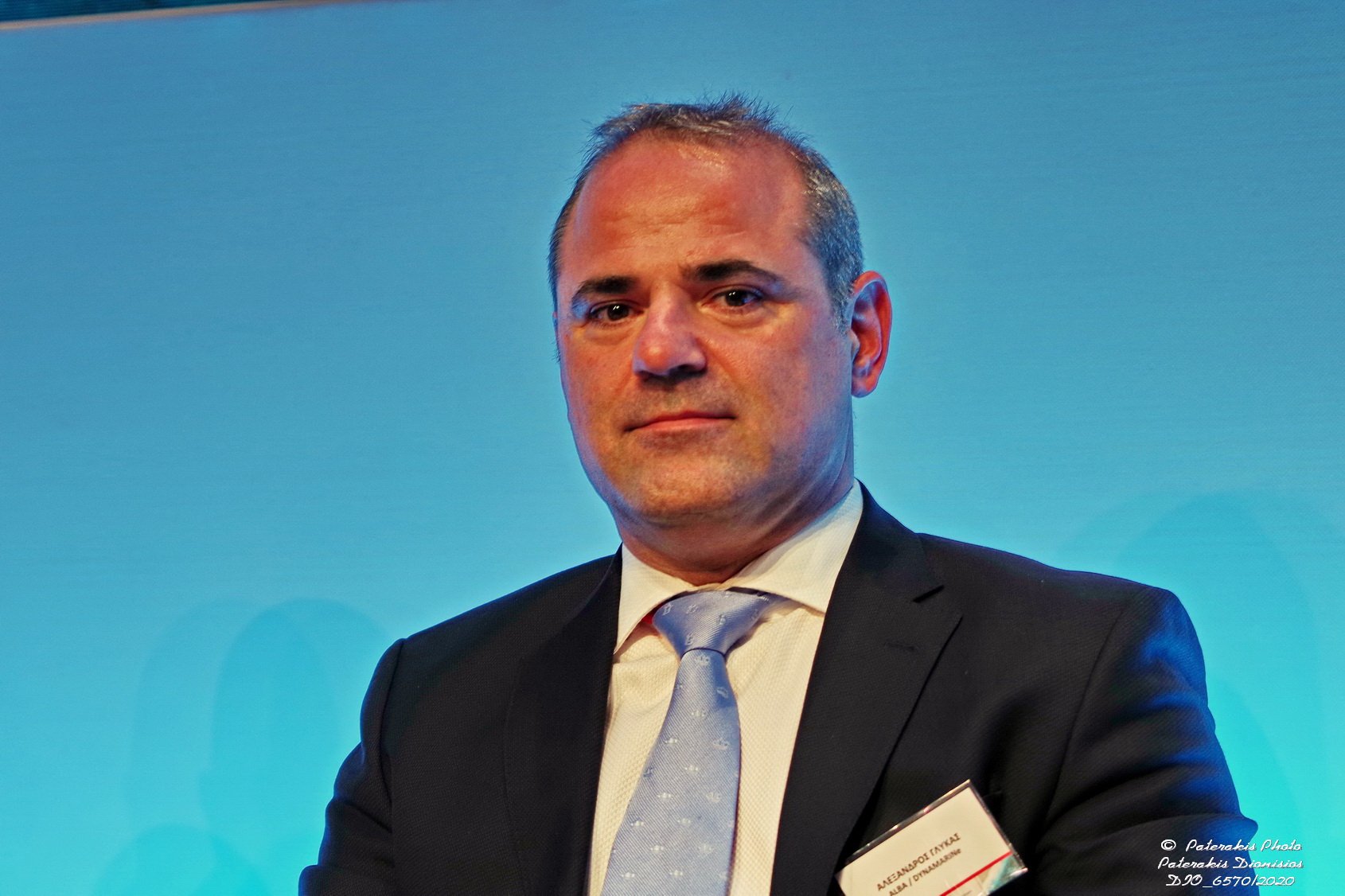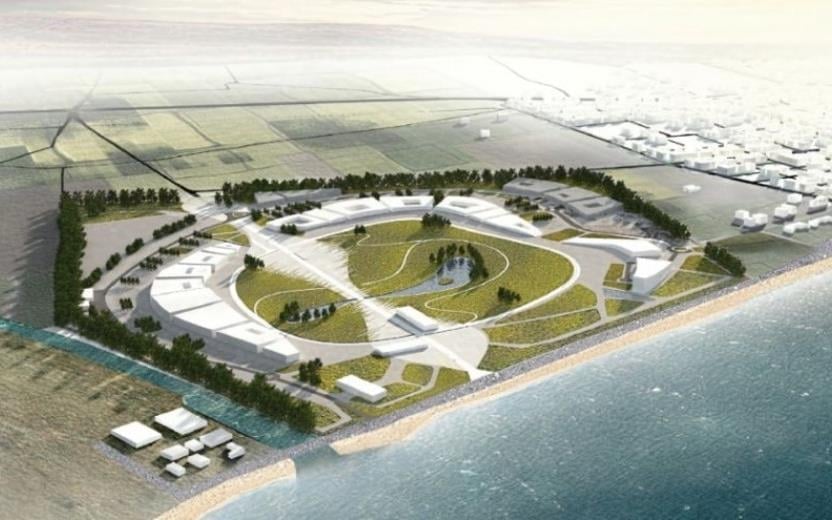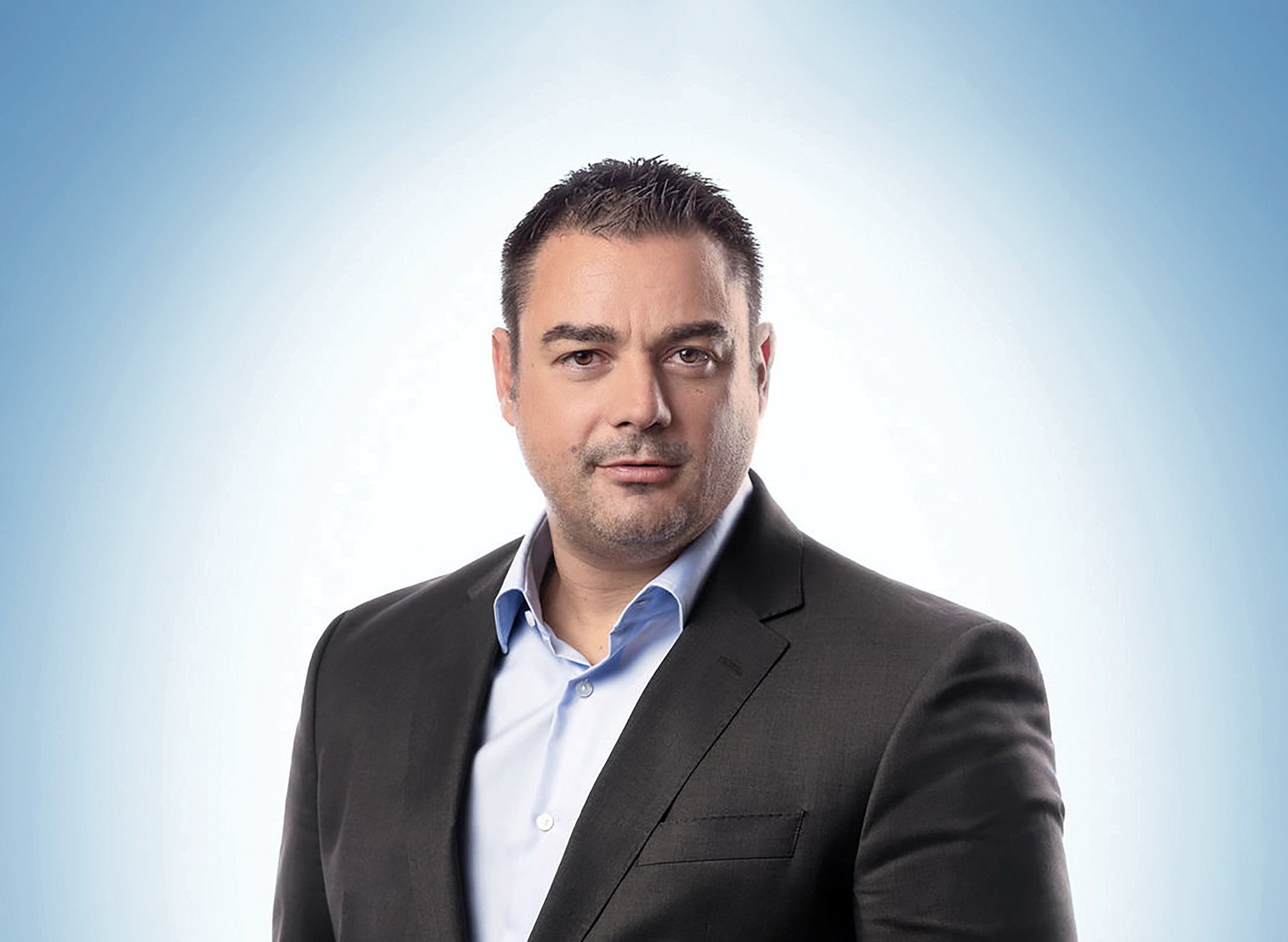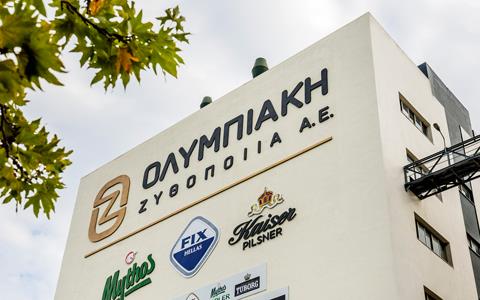The need for immediate action on the part of the Greek state in order to avoid creating an investment gap after the end of the Recovery and Resilience Fund in the summer of 2026 was highlighted by the president of GEK TERNA, George Perdikaris, speaking within the framework of the 8th Infrastructure and Transport Conference (ITC 2025).
“We believe in a balanced development between the public and private sectors. After all, 50% of our turnover comes from our own investments, 30% from the private sector and only 20% from public projects. We believe that the existence of a mix of projects offers greater security to the investor”, Perdikaris noted.
He stressed that, although the existing unexecuted balance – of 17 billion euros for large investment and construction groups – is sufficient for another three years, there is no room for complacency. In this context, as he noted, it is expected to see how the three financial instruments amounting to 8 billion euros will be utilized, the activation of which for 2026 has been announced by the leadership of the Ministry of Development.
The President of TERNA stressed that the activation of the Standard Proposals, an institutionalized tool that can cover the financial gap of the State, is of critical importance. For example, as he mentioned, in the Attica Motorway expansion projects, if the Standard Proposals were applied, the State’s financial contribution would start from 2037 onwards.
Priority areas
Perdikaris stressed that the priority areas are the following:
-Water infrastructure and rational water management. As he said, water needs in Greece from 2001 to 2025 have increased by 140%, while water reserves have been limited – already in Yliki and Mornos they amount to 400 million cubic meters, which is the annual consumption of Athens. Total water use in the country reaches 1 billion cubic meters per year.
-Waste management. In Athens and Thessaloniki, where 50% of the country’s waste is produced, projects are “frozen” and the upgrade of Waste Treatment Units (WTPs) to Recycling Recovery Units (RRUs) has not even progressed, in order to achieve the goal of landfilling only 10% of waste by 2030,” he said, among other things.
-Adoption of an infrastructure adaptation plan to climate change.
-Boosting the productivity of construction companies. Productivity has decreased significantly due to the disinvestment period that followed the crisis. From 2007 to 2021, investments in mechanical equipment fell short of depreciation.
-Digitization of operations of technical companies with the aim of increasing productivity.


